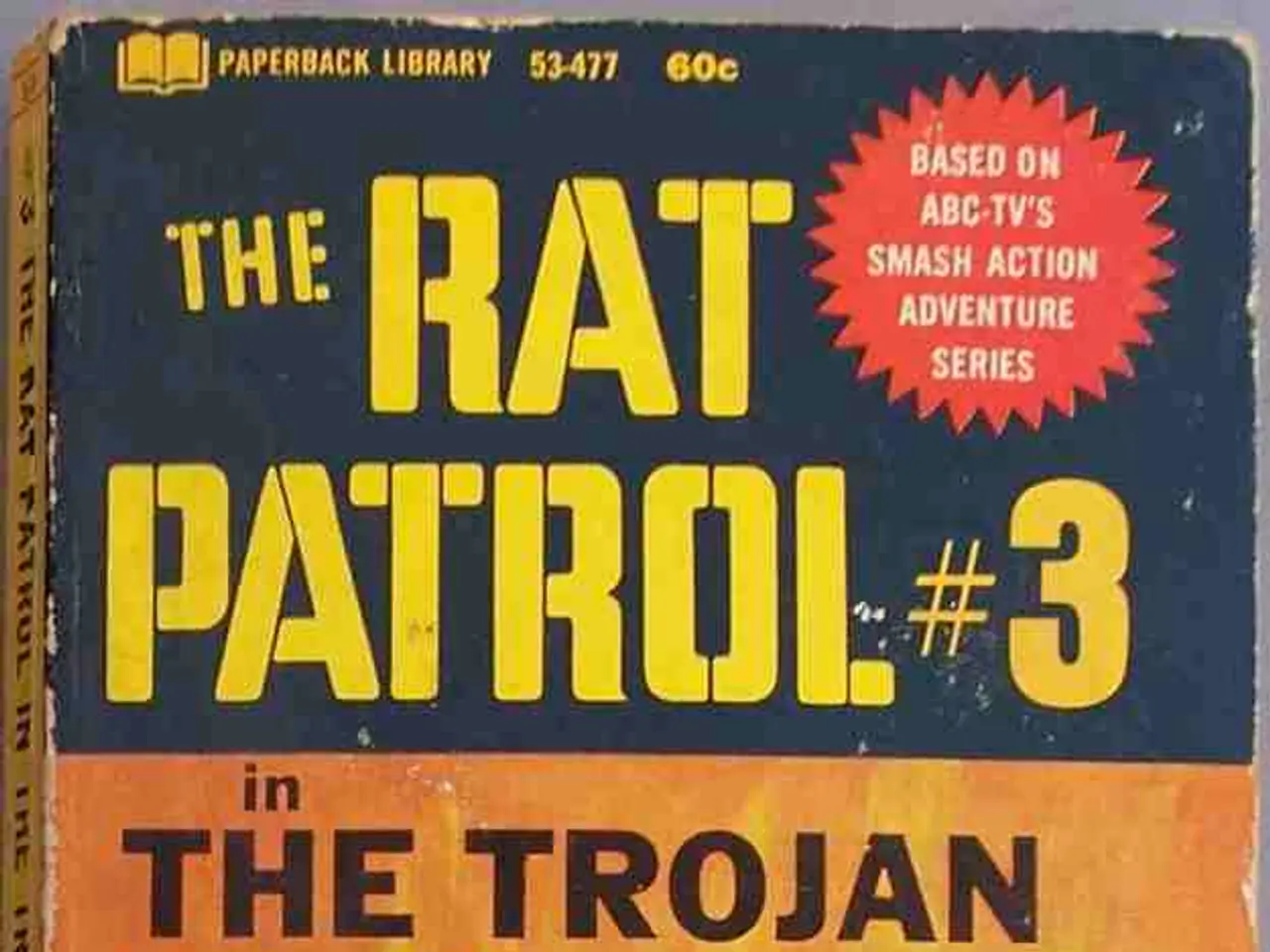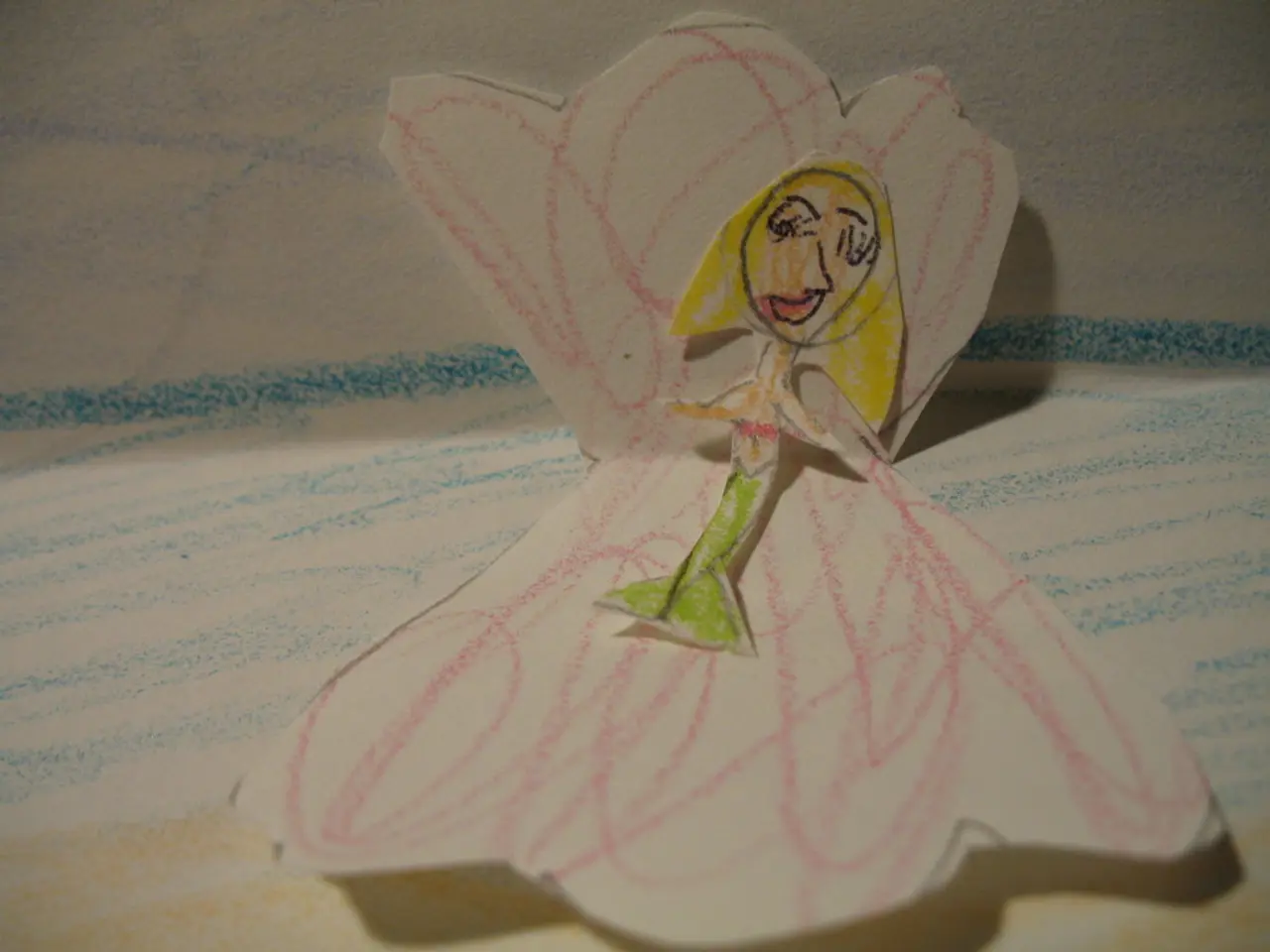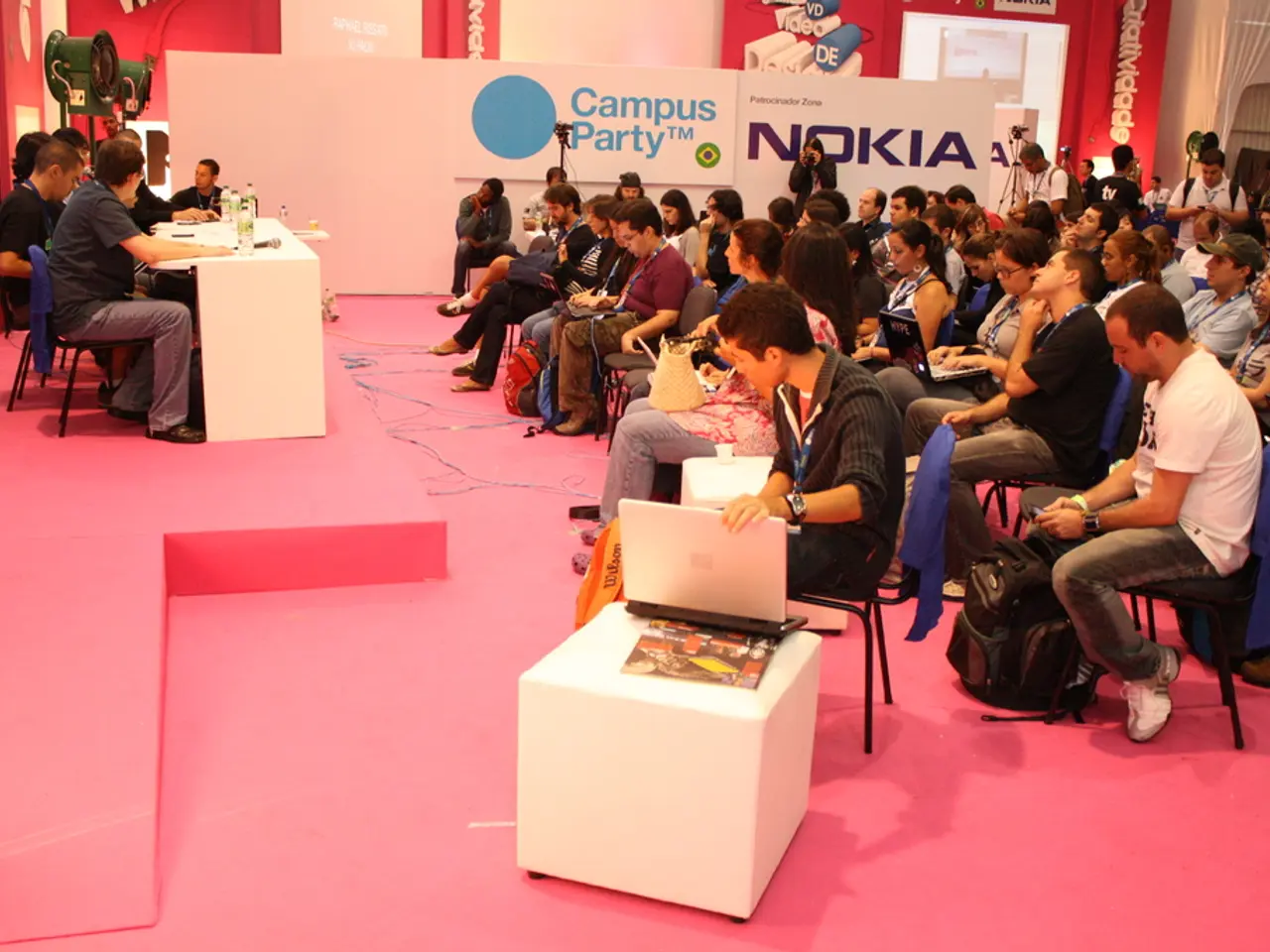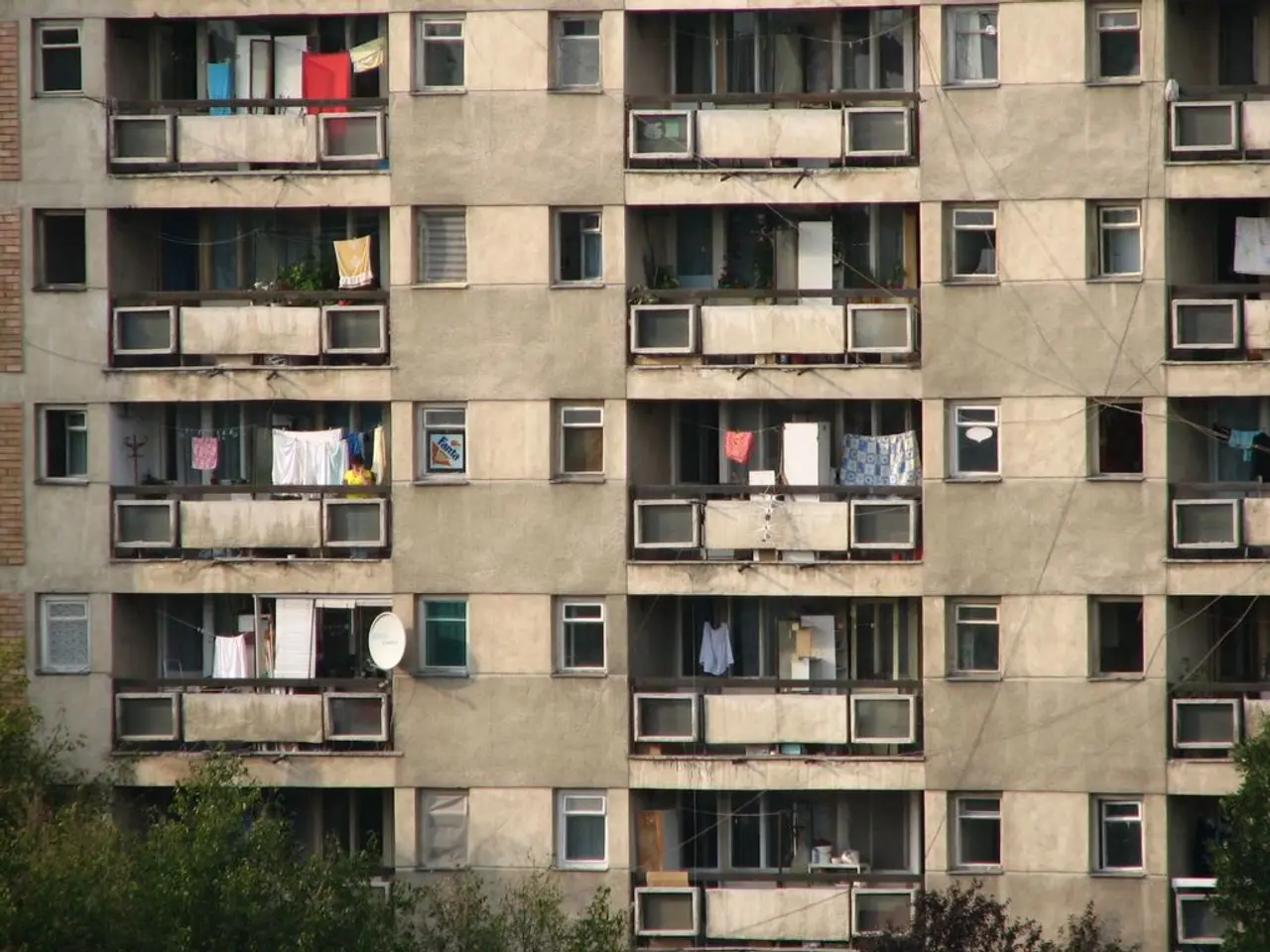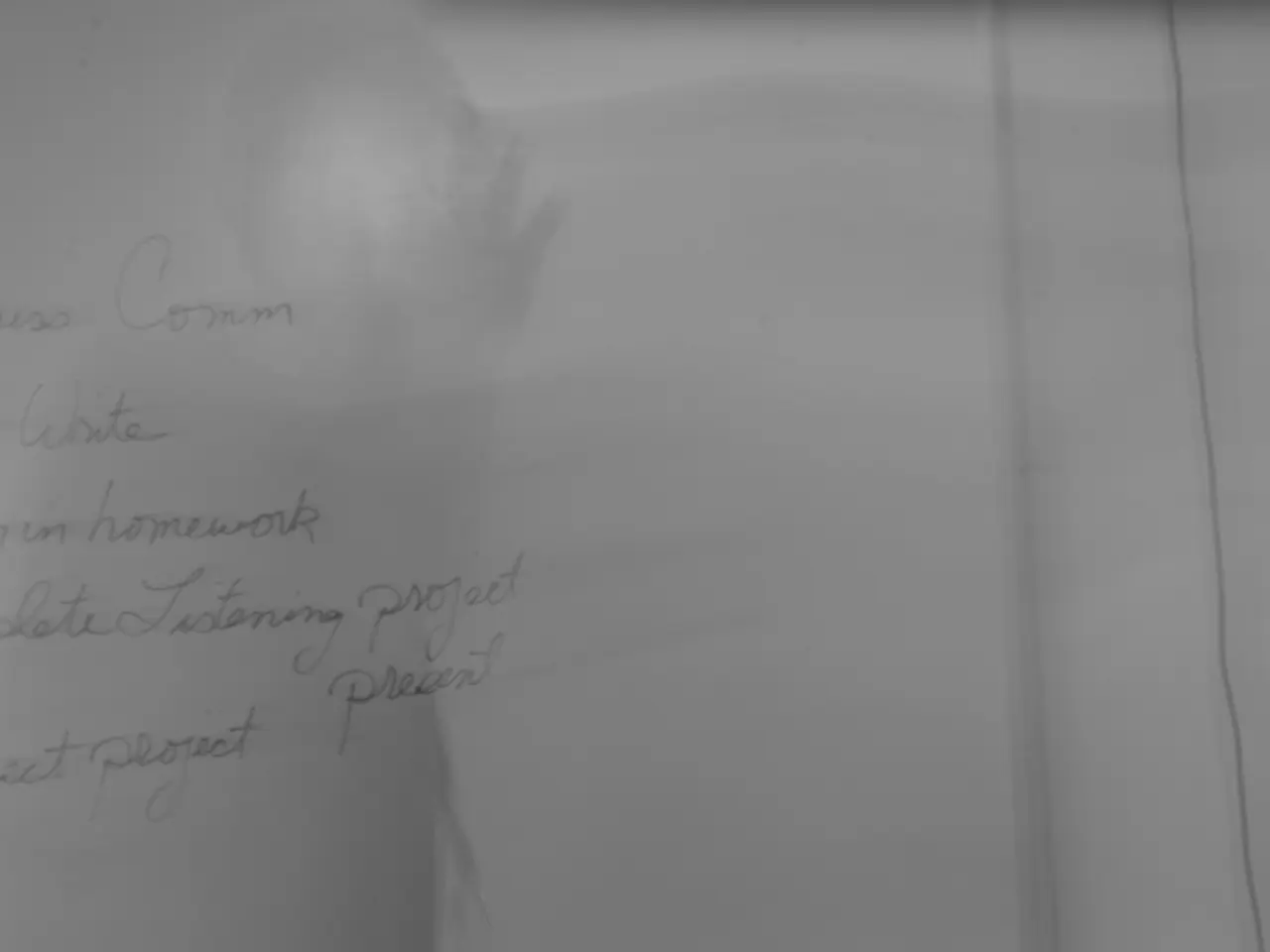Game publisher behind "World of Tanks" potentially faces designation as an extremist or terrorist entity
The Tagansky District Court of Moscow has issued a ruling to ban the operations of gaming company Lesta Games, a Russian spin-off of Wargaming, due to allegations of extremist activities involving its owner, Malik Khatazhaev. The court's decision also includes the seizure of Lesta's assets.
Lesta Games, known for titles such as World of Tanks and World of Warships, was found to have formed an "extremist organization," according to the court. This decision is part of broader Russian efforts to clamp down on organizations and individuals allegedly supporting Ukraine or promoting extremist ideology.
The court's ruling stipulates that Khatazhaev no longer has rights over the Lesta group of companies, and Lesta Games' operations in Russia have been halted. However, the ruling explicitly does not apply to the companies themselves, their partners, or players, preserving some degree of operational or legal separation from broader consequences.
Wargaming, the original company, announced its withdrawal from the Russian and Belarusian markets in April 2022, and Lesta Games split from Cypriot Wargaming in March 2022. The court's chairman, Mikhail Stroganov, made this ruling.
The court's decision also includes the inclusion of Viktor Kislyi, a Belarusian entrepreneur and co-founder of Wargaming, in the list of extremists and terrorists. Not long before this, a Moscow court had arrested three main legal entities of Lesta Games.
The reasons for these actions were not provided in the article, but the court's decision comes amidst Russia’s increasing actions to nationalize or seize control of private companies, especially those with perceived foreign ties or support for Ukraine.
Despite Lesta Games, known for social-media platforms like World of Tanks and World of Warships, being embroiled in extremist allegations, the court's ruling explicitly does not apply to the game's players, preserving their access to entertainment. The court's decision also follows broader Russian efforts to regulate entertainment and media outlets, particularly those perceived to support Ukraine or promote extremist ideology.
